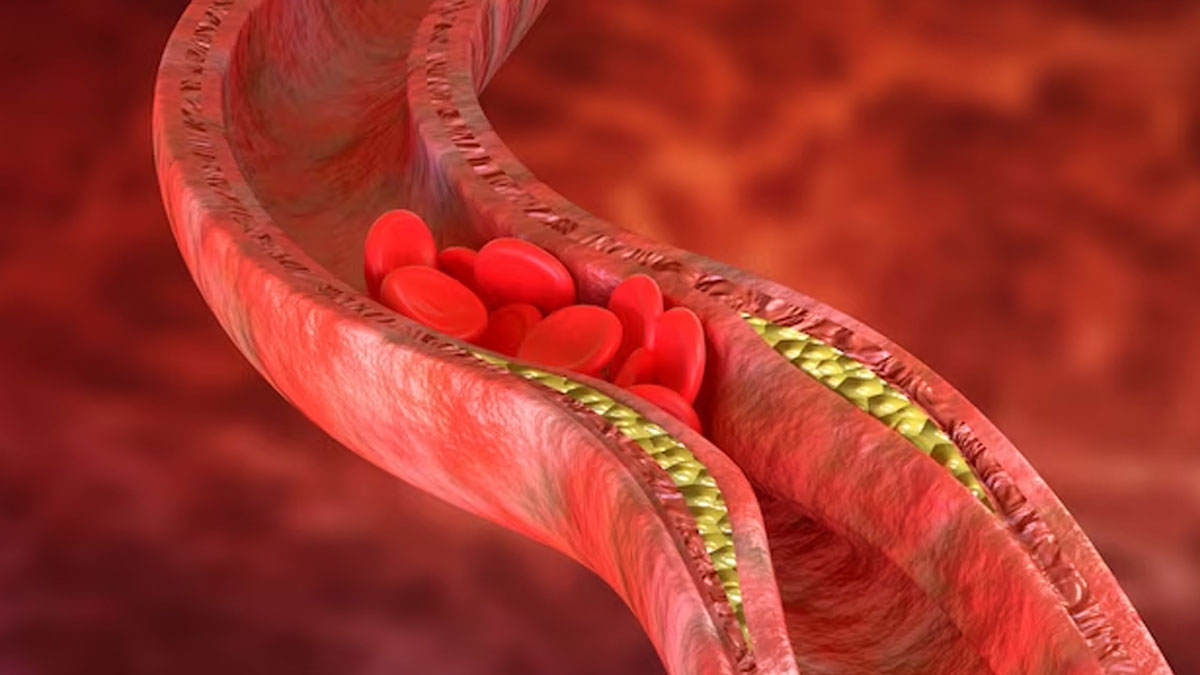Healthy blood vessels may additionally postpone cognitive decline, study suggests
Washington DC: As a part of a recent take, researchers have observed that high blood pressure might also affect conditions including Alzheimer’s sickness by interfering with the mind’s waste control machine. According to the findings, hypertension causes stiffening and elasticity loss in blood vessels, hindering the clearance of waste molecules from the brain. Using a rat model of hypertension, a group of researchers studied how the situation affects the motion of cerebrospinal fluid into and interstitial fluid out of mind cells—the researchers posted in the Journal of Neuroscience.

Tracked the waft of cerebrospinal fluid and determined that the hypertensive rats exhibited larger ventricles, reduced mind extent, and impaired fluid transport. They concluded that hypertension interferes with clearing macromolecules from the brain, including the Alzheimer’s pathology protein b-amyloid. Treatments targeting hypertension may want to, in turn, reduce b-amyloid buildup and put off the onset of Alzheimer’s disease. The coronary heart resources oxygenated or pure blood to all frame components by assisting vessels referred to as arteries. The coronary heart pumps blood into the arteries as it is miles beating. The force with which the blood pushes in opposition to the artery walls is referred to as BP.
When it’s far full of blood, the strain exerted at the artery partitions is called systolic stress and is usually a hundred and twenty. The heart relaxes among the beats or pumps the blood into the arteries. This is when the stress falls and is referred to as a diastolic strain. Diastolic stress is normally 80.
What causes high blood pressure?
The majority (approximately ninety-five %) of patients have important high blood pressure or hypertension. The principal reasons for this hypertension are recognized to be Genetic elements: hypertension tends to run in families, and children of hypertensive dads and moms tend to have a greater tendency to high blood pressure. Fetal elements: low birth weight is known to be associated with subsequent hypertension. This can be because the fetus adapts to the intrauterine under nutrients, resulting in long-term modifications in the blood vessels.
Obesity: Fat people are in more danger of high blood pressure as compared with normal humans. Fat or overweight people also display atypical sleep tendencies, which can also cause similar high blood pressure headaches. Alcohol intake: studies have shown a near affiliation between alcohol consumption and improved stress. Sodium intake (salt intake): excessive sodium intake is a chief issue in expanded BP. A shift from a rural to an urban lifestyle is also associated with a growth in salt uptake and, consequently, an increase in the threat of excessive BP. Stress: acute pain or strain can upward push blood stress; however, the function of persistent strain in hypertension remains unknown.



